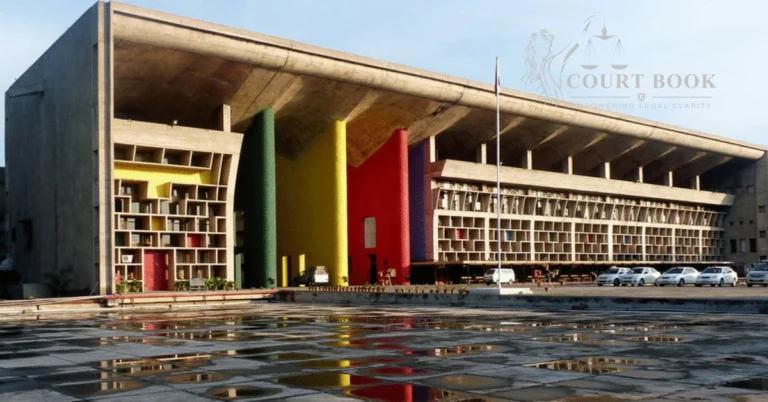The Punjab and Haryana High Court has expressed concern over the prolonged delays in the disposal of appeals by the Tax Appellate Authorities under the Income Tax Act, 1961. In a significant ruling, the bench comprising Justice Arun Palli and Justice Sudeepti Sharma stressed that appellate bodies must strive to dispose of tax-related appeals within one year, as intended by the legislature.
“Considering that substantial amount of revenue is involved in these appeals, and that such amount remain blocked during the pendency of the proceedings, it is imperative that the Appellate Authorities should endeavour to dispose of the appeals, preferably within one year as per the provisions of the Act,” said the bench.
The Court further observed that when the resolution of such appeals takes more than a year, the appellate authority must explicitly record the reasons for the delay in the zimni orders. This documentation is crucial in determining whether the delay was due to the assessee or the Income Tax Department.
“Where disposal within the period of one year is not done, the reasons for such delay must be explicitly recorded... so as to reflect whether the delay is attributable to the assessee or the department/revenue,” Justice Sudeepti Sharma remarked.
Read also: High Court Slams Haryana Govt for Arbitrary Land Acquisition, Awards Rs 5 Lakh Compensation
The bench also highlighted a growing concern — numerous writ petitions are being filed in the High Court solely for the purpose of expediting pending appeals under the Income Tax Act. This trend, according to the Court, points to systemic inefficiencies and undermines the purpose of Section 250(6A) of the Income Tax Act, 1961.
“This indicates an inordinate delay in adjudication at the appellate level, which defeats the objective of Section 250 (6A) of the Income Tax Act, 1961,” the Court stated.
The comments came while hearing a writ petition filed by an assessee, seeking a direction to the Commissioner of Income Tax-3 (Appeals) for expeditious resolution of their appeal, which had been pending for nearly five years.
The Court reviewed the case documents and noted that the appeal was filed on 09.01.2020, challenging an assessment order dated 30.12.2019, pertaining to the assessment year 2018–2019. However, despite the passage of almost five years, there had been no progress in the proceedings.
Referring to Section 250 of the Income Tax Act, the Court reiterated that the intention of the legislature is clearly to promote a time-bound approach for disposing of appeals.
“The intention of the legislature since it has been specifically mentioned that in every appeal, the Joint Commissioner (Appeals) or the Commissioner (Appeals), as the case may be, where it is possible, may hear and decide such appeal within a period of one year from the end of the financial year in which such appeal is filed before him,” observed the bench.
Although the section uses the phrase “where it is possible,” the High Court emphasized that this should not be interpreted loosely. The legislative intent is to ensure swift adjudication in tax matters, particularly since large sums of revenue remain blocked while appeals are pending.
The Court also referred to similar instances in recent orders, where substantial delays had forced petitioners to approach the High Court.
“The appeal was filed in the year 2015 i.e. almost about 10 years back and was not decided, which forced the petitioner therein to file CWP No. 6388 of 2025, where this Court was constrained to issue directions for disposal of the appeal that had been pending for nearly a decade within a period of six months,” noted the bench.
In light of the facts presented in the current matter — including the five-year delay without any movement — the Punjab and Haryana High Court issued a firm directive.
“The Commissioner of Income Tax-3 (Appeals) is directed to decide the appeal filed by the petitioner within a period of three months from the date of receipt of a copy of this order,” the bench ordered.
This judgment underscores the judiciary’s focus on reducing pendency in tax-related disputes and ensuring that the Income Tax Department functions in line with statutory expectations. It also serves as a reminder to appellate authorities to maintain transparency and accountability by clearly documenting delays and prioritizing timely resolution of appeals.
Mr. Sanjay Bansal, Sr. Advocate, with Mr. Sachit Singla, Advocate, and Mr. Gurdeep Singh, Advocate, for the petitioner.
Mr. Vaibhav Gupta, Standing Counsel, for the respondents-Income Tax Department.
Title: KULWINDER PAUL SINGH v. THE CENTRAL BOARD OF DIRECT TAXES AND OTHERS














